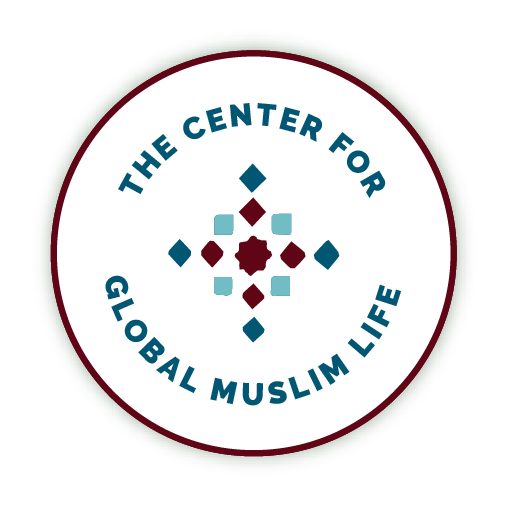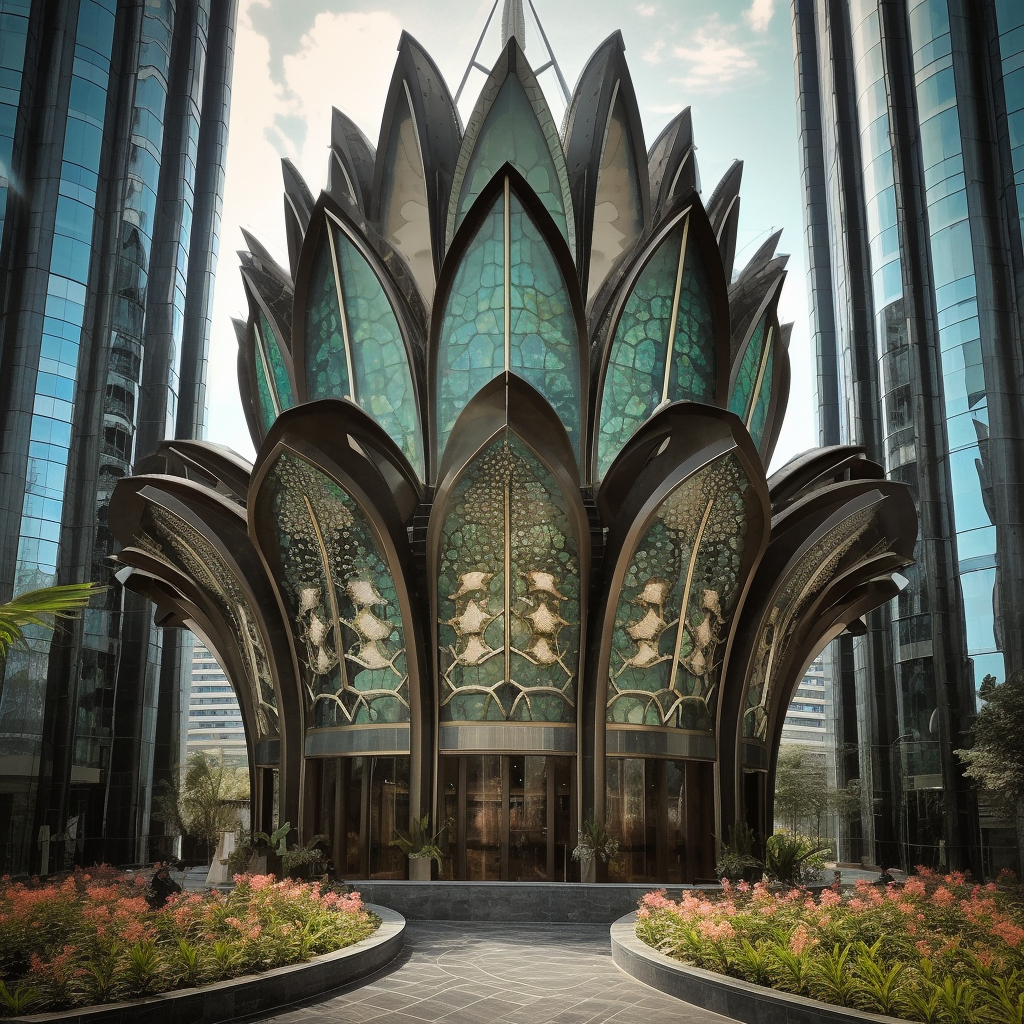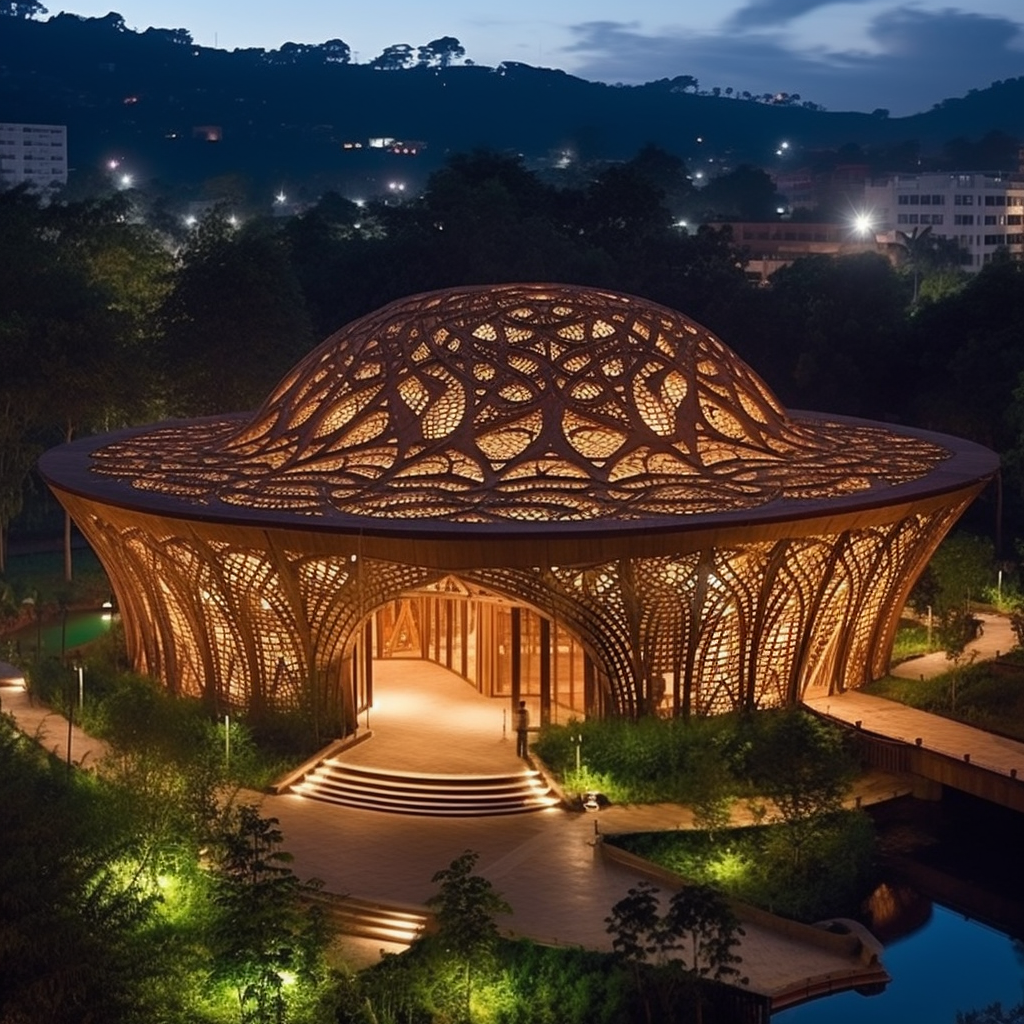Muslim Wellness
Building the Matrix of Muslim Wellness
Over the past 15 years, we have been blessed to lead within the developing set of institutions that contribute to what we define as the Muslim spiritual wellness sector. These institutions are present across North America and the rest of the world, and they are deeply rooted in Islamic spirituality, Islamic psychology, community service, and mental health services. While the primary mission of the Center for Global Muslim Life is to contemplate strategic narrative change and envision the future of our community, this emerging sector focused on Muslim wellness and spirituality lies at the heart of any future for our broader community. It is inconceivable for us to be the most diverse and globally connected faith group in the world without prioritizing wellness and a sense of belonging as integral aspects of our faith. As believers in the Merciful, the Giver of Mercy, and the final Prophet sent to all of humanity as a source of mercy, understanding this holds great significance.
In developing holistic work around Muslim Wellness we are rooted in the worldview of Islam through Islamic psychology and Islamic spirituality while working in partnership with Western psychology and mental health fields. We understand to build healthy communities, we must build holistic institutions rooted in families that are spiritually well. To have healthy communities we must have a deep understanding of our own stories and the stories told about us as it relates to our collective narrative wellness.
We are building a Muslim Wellness working group with organizations in working cross-sector with nonprofit organizations who work in direct service and community organizing, in spiritual wellness and in providing access to mental health services, in narrative wellness, as well as with educational institutions.
In the United States, many of these institutions are set up as triage centers for those on the edges of our communities and some are more traditional Mosque models where wellness and belongingness are at the center of their work. Many of these institutions have their roots within African American Islamic movements such as the Imam Warith Deen Muhammad community and many of these institutions are tied to movements rooted in tassawuf (Sufism).
The founding of these organizations was generally a community-wide effort to address the lack of belonging experienced by converts, women, African Americans, Latinos, and children within many mainstream Muslim community organizations. Unfortunately, many Mosques in the United States and Muslim organizations more broadly are dominated by a single ethnic group, gender, and class, with old-school Islamic movement-oriented ideologies that exclude other interpretations of Islam.
Rather than being an alternative to the Mosque, these Muslim wellness organizations were attempting to build spiritually rooted spaces as an emergency response as our friends and family were leaving Islam. These institutions have served as triage centers for those of us who needed the most help in finding ourselves in Muslim communities and the practice of our faith. These organizations have always been committed to creating a sense of belonging for all members of our communities, regardless of their backgrounds. While also striving to provide a welcoming environment for those seeking to deepen their understanding of the spiritual aspects of our faith and cultures.
For this space to continue to grow it must begin to coalesce around core concepts, it must define its work while placing wellness and belonging at the center of all our institutions. The leaders of this space need to create working groups and convenings to develop best practices and to see how best we can support each other beyond the growth of our individual institutions.
In thinking about the broad set of institutions building the field of Muslim Wellness we have looked at organizations working in the following spaces:
Islamic Education & Spirituality
Traditional Islamic Medicine
Women’s Education & Wellness
Children’s Education & Wellness
Family Wellness & Marriage Counseling
Community Organizing
Islamic Psychology & Mental Health Services
Narrative Wellness
Anti-Racism & Belonging
Disability & Accessibility
Digital & Social Media Wellness
Service-based organizing work & the larger traditional Islamic practice of Khidma
Emergency Health Services
Reentry Services
Food Justice
Racial / Ethnic-Specific Health-Focused Organizations
Sexual Health
Organizations leading this work have diverse models and include but are in no way limited to - Rabata, Muslim Wellness, Taleef Collective, Maristan, Wast, Mukha Cafe, DREAM of Detroit, and the Inner City Muslim Action Network to name just a few.
Mosque and retreat center in the style of Isfahan on the plains of Colorado looking out onto the Rocky Mountains, Turtle Island - Imagined in Midjourney

















